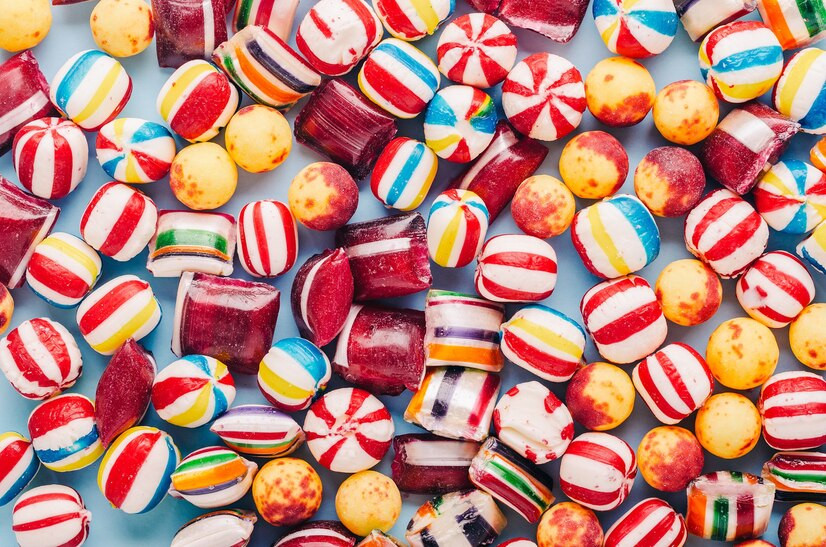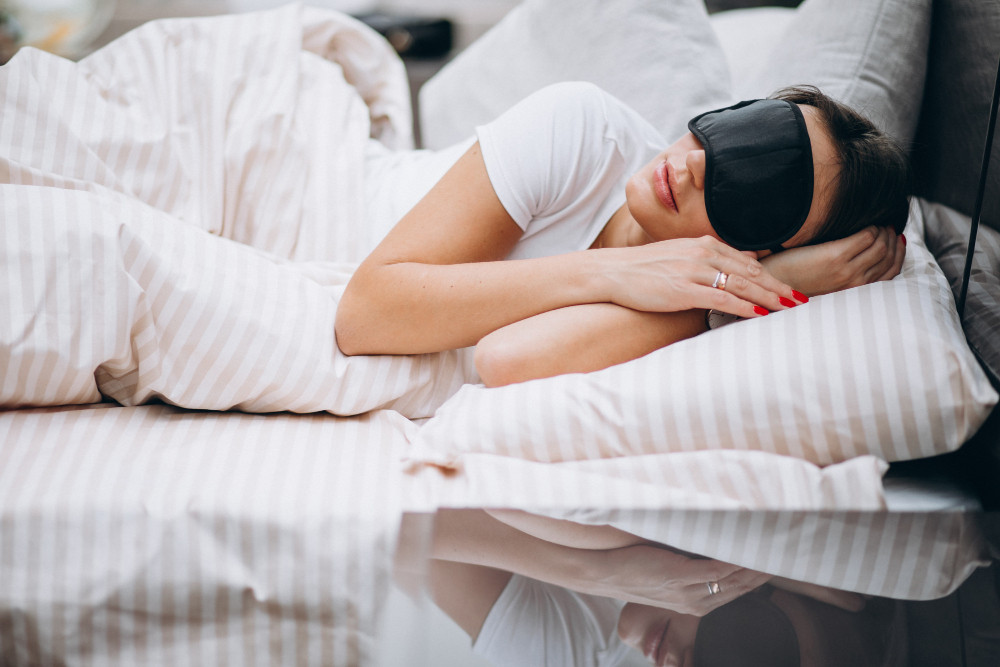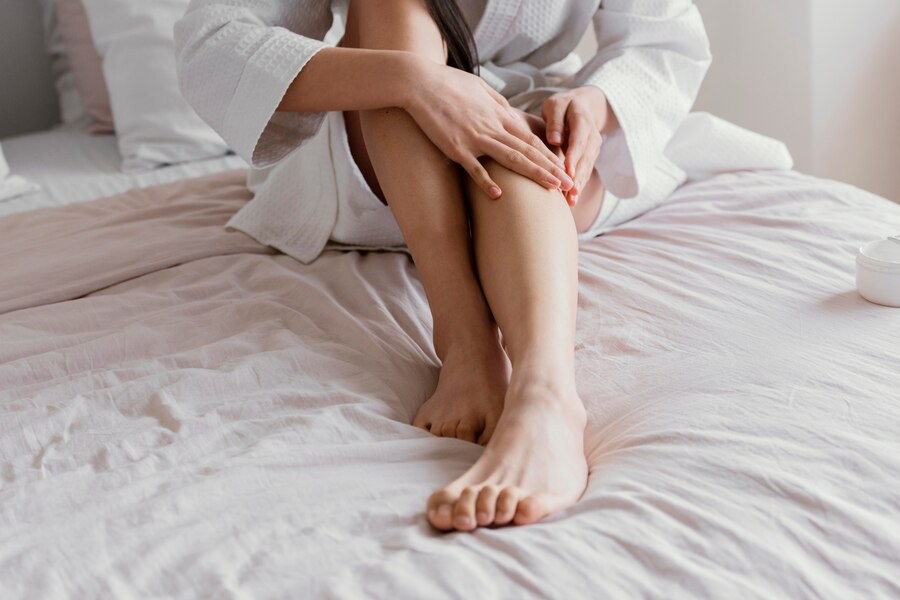Sweet treats like cake or chocolate are loved by people of all ages. Many enjoy snacking on these sugary foods, even late at night before bed. But what impact does nighttime snacking on sweet foods have on our health? Read on to learn more.
Health Impacts of Eating Sweet Foods at Night
Desserts and snacks often have a sweet flavor. When we eat sweets, our body releases serotonin, a hormone that makes us feel content and happy. This effect often leads people to indulge in sweet treats as a nighttime snack.
Though sweet snacks can bring temporary happiness, this habit can actually lead to negative health effects. Here are some of the drawbacks of eating sweet foods at night:
Difficulty Achieving Deep Sleep
Research has shown that eating sweet foods can lead to sleep disturbances, such as trouble falling asleep, restless sleep, or reduced sleep duration. When you consume sugar, your body processes it into energy.
The more sugar consumed, the longer it remains in your system, prolonging the time needed to metabolize it. For instance, it takes about an hour and a half to metabolize a single teaspoon of sugar, meaning sweet foods or drinks can interfere with your ability to fall asleep.
Other studies indicate that high sugar intake before bed also affects sleep quality, often leading to disrupted sleep or shorter durations. This lack of restful sleep can leave you feeling groggy, irritable, and tired upon waking.
Promotes Weight Gain
Consuming sweet foods before bed is closely linked to weight gain due to the extra calories that are not burned off while sleeping. The body then stores this surplus energy as fat.
Leads to Sugar Cravings
Sugar activates the brain’s reward system, triggering dopamine release, hormones associated with pleasure and satisfaction. However, over time, consuming large amounts of sugar decreases the brain's sensitivity to dopamine, which can result in cravings for more sugar or sweet foods (sugar craving).
Over the long term, this habit can impair the effectiveness of hormones that regulate appetite and metabolism, increasing the risk of obesity, prediabetes, and diabetes.
Healthy Nighttime Snack Options
In certain situations, a late-night snack may be necessary. If you feel hungry before bed, there are plenty of healthier snack choices. Opt for low-calorie options, and steer clear of spicy or acidic foods to avoid stomach discomfort.
Some nutritious snacks for the evening include:
- Bananas with peanut or almond butter
- Yogurt
- Oatmeal
- Fruits like kiwi, cherries, and watermelon
- Nuts and seeds, such as cashews, walnuts, and pistachios
Although it’s common to crave snacks at night, it’s better to avoid sweet options, as they can trigger cravings, disrupt sleep, and elevate health risks like obesity and diabetes.
If you need help managing your diet, consider consulting a doctor or using the Ai Care app’s consultation feature, available on the Play Store and App Store.
Want to learn more about nutrition, food, and diet tips? Click here!
- dr Hanifa Rahma
Jones, T. (2023). Is It Bad to Eat Before Bed?. Available from: https://www.healthline.com/nutrition/eating-before-bed#1
Pacheco, D. (2024). Healthy Bedtime Snacks To Eat Before Sleep. Available from: https://www.sleepfoundation.org/nutrition/healthy-bedtime-snacks
Kubala, J. (2021). 6 Foods That Keep You Awake at Night. Available from: https://www.healthline.com/nutrition/foods-that-keep-you-awake
Breus, M. (2024).How Does Sugar Affect Sleep?. Available from: https://sleepdoctor.com/nutrition/how-sugar-affects-sleep/
Alahmary, S. A., Alduhaylib, S. A., Alkawii, H. A., Olwani, M. M., Shablan, R. A., Ayoub, H. M., Purayidathil, T. S., Abuzaid, O. I., & Khattab, R. Y. (2019). Relationship Between Added Sugar Intake and Sleep Quality Among University Students: A Cross-sectional Study. American journal of lifestyle medicine, 16(1), 122–129. https://doi.org/10.1177/1559827619870476












